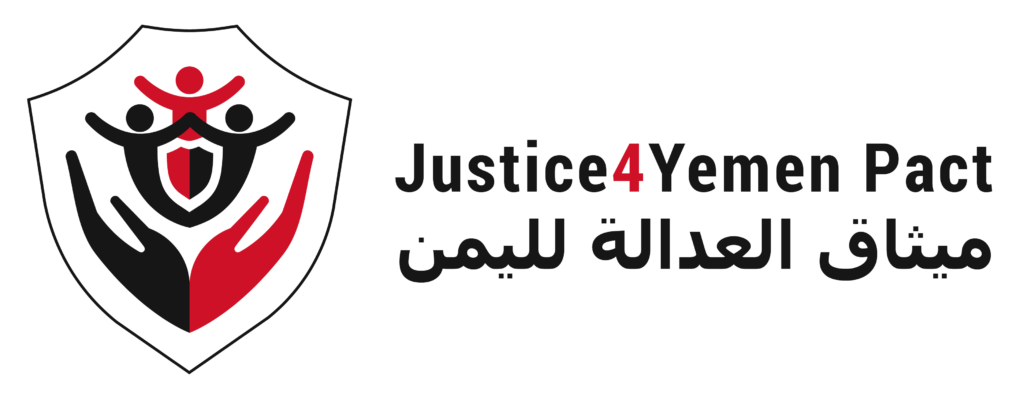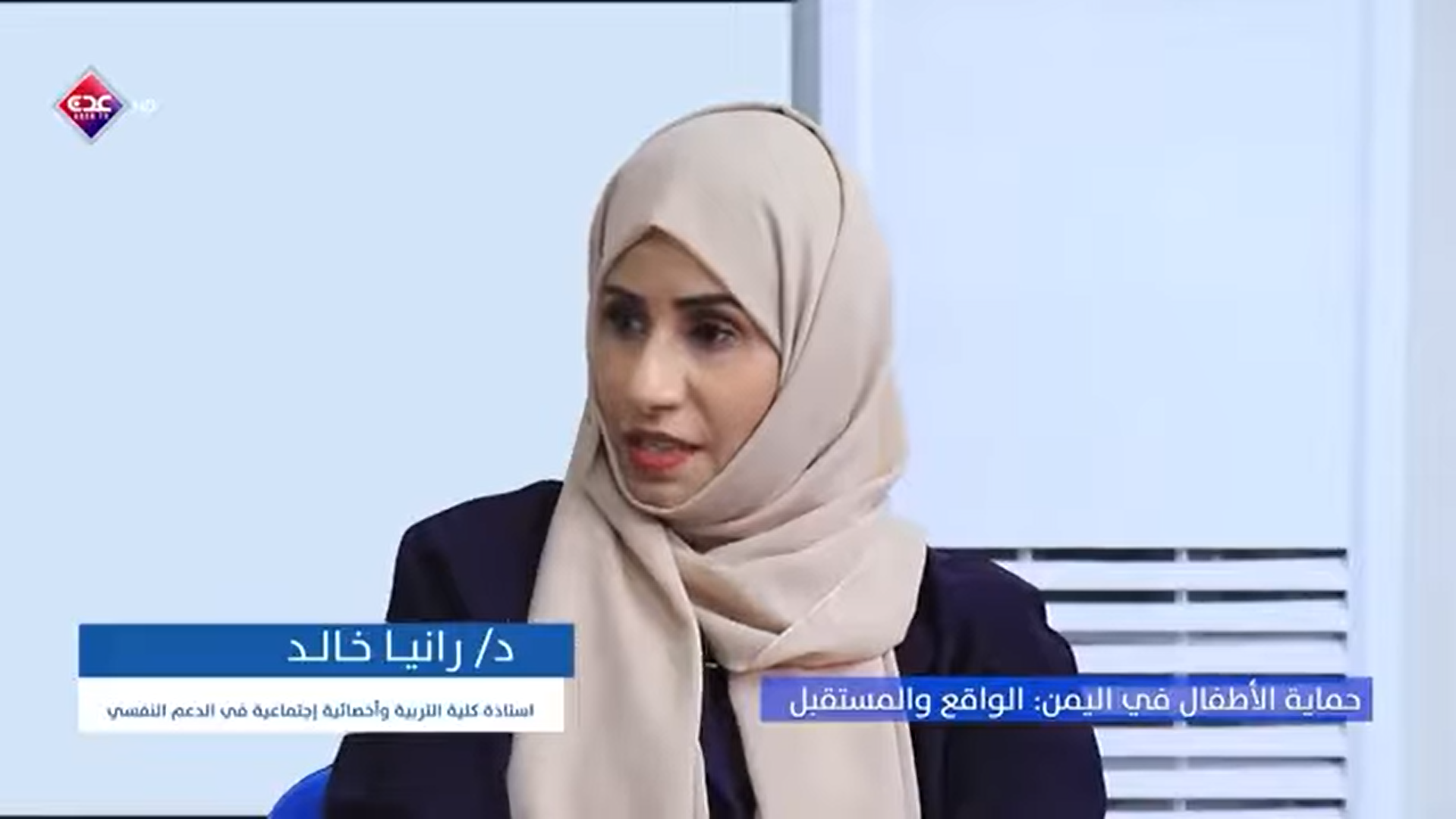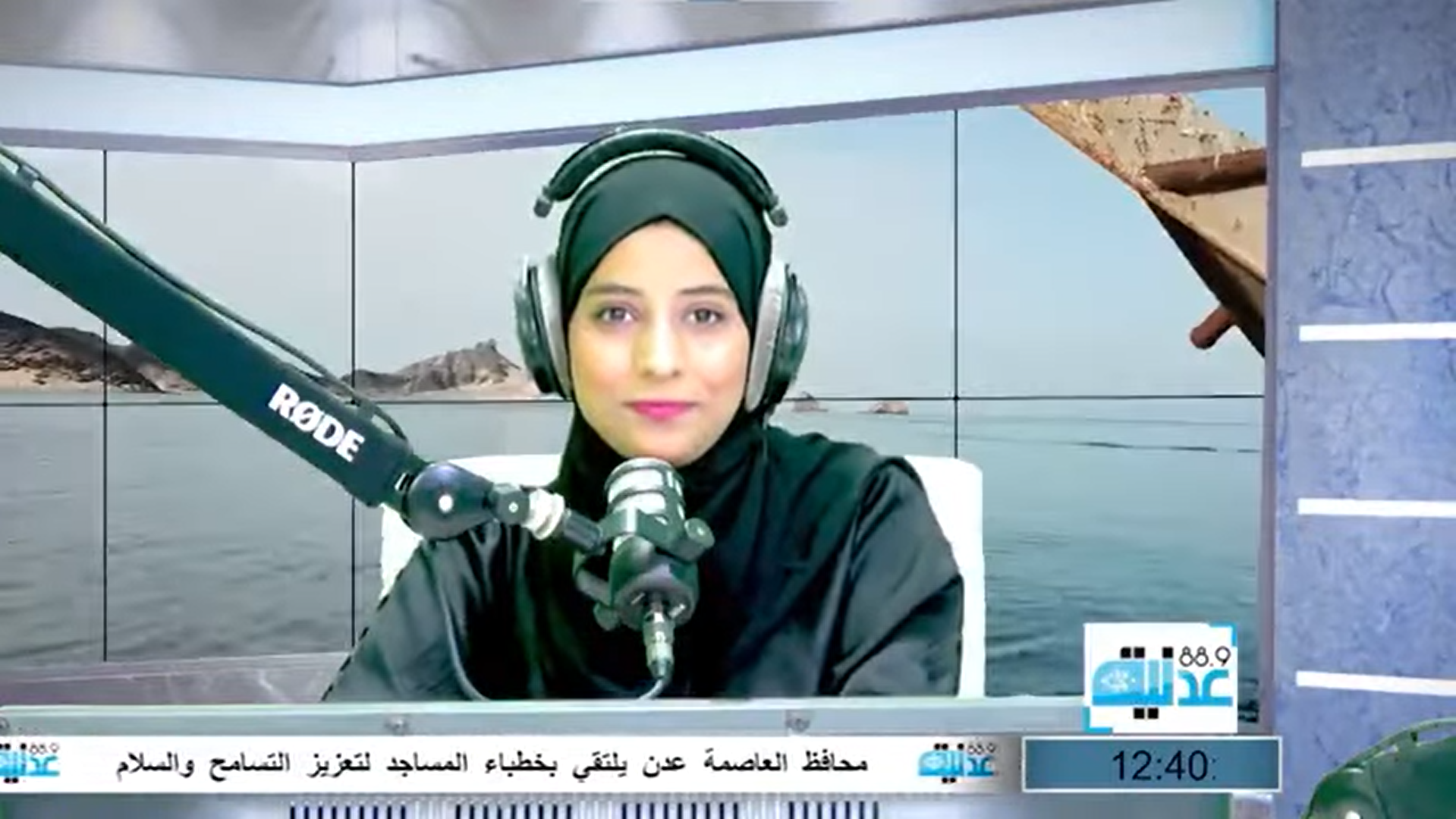Integrating Media Issues into Transitional Justice
A new policy paper, developed by the Studies and Economic Media Center (SEMC) under the SPARK Program supported by DT Institute, highlights the urgent need to integrate journalists’ rights into Yemen’s transitional justice agenda
Since the war began in 2014, Yemeni journalists have faced severe violations — 54 killed, 532 arbitrarily detained, 13 sentenced to death, and over 400 displaced. Most crimes remain unpunished, reinforcing a culture of impunity.
The paper calls for recognizing journalists as both victims and key actors in truth-seeking and reconciliation efforts. It proposes integrating media issues across the four pillars of transitional justice:
- Truth-Seeking: Independent investigations and preservation of journalists’ memory.
- Justice: National and international accountability for crimes against journalists.
- Reparation: Financial, psychological, and symbolic redress.
- Non-Recurrence: Reforming laws, ensuring judicial independence, and protecting media freedom.
Ensuring justice for journalists, the paper concludes, is a precondition for sustainable peace and a free, independent media in Yemen.




